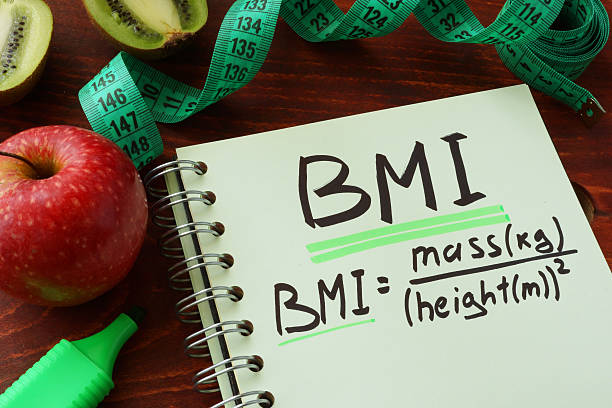The ONE organ responsible for high blood pressure.
Healthy BMI Prevents High Blood Pressure

Does BMI affect blood pressure?
Does lowering BMI lower blood pressure?
Keeping your weight under control, from childhood through middle age, can offset high blood pressure in later years a new study shows.
Research About Weight Control
In the study from Great Britain, researchers tracked more than 3,000 men and women born in 1946. Each was regularly contacted since birth, and various tests, including blood pressure and body mass index (BMI, a measure of body fat through weight for height), -- were done at ages 36, 43, and 53.
Researchers also factored in each person's birth weight and their father's job in their early years. Typically, this is an indicator used to assess the child's nutrition while growing up. The researchers looked to see if birth weight, long suspected of influencing blood pressure later in life, had an effect on increasing blood pressure during a person's lifetime.
They found that high BMI throughout life had "a strong effect" on high blood pressure between ages 36 to 53, reports researcher Rebecca Hardy, PhD, an epidemiologist with the Royal Free and University College Medical School in London.
Weight Control Is Key
"These findings suggest that weight control throughout life is key to prevention of [high] blood pressure during middle age," writes Hardy.
The study also showed that in men, the lowest birth weight groups consistently had the highest systolic blood pressures. In women, this association of low birth weight leading to higher systolic blood pressures was not evident until women reached the age of 42.
BMI and Blood Pressure
The systolic blood pressure is the upper numbers of a blood pressure reading and is the force that the heart pumps against when it is beating. Higher systolic blood pressures are associated with more distress to the functioning heart and therefore heart disease.
Adults at all ages who were children from a manual social class had higher blood pressures than those raised in a nonmanual social class.
Understanding the mechanism linking the childhood socioeconomic environment and adult BMI may make prevention strategies more effective writes Hardy.









